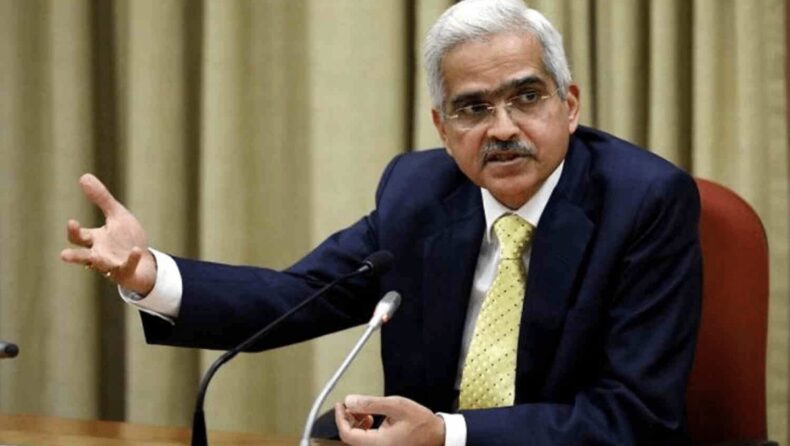Das argued that to create an equal global economic order against problems such as inflation, the G20 countries have a big obligation to show leadership in the provision of climate finance, together with the transfer of technology.
Shaktikanta Das, governor of the Reserve Bank, stated on Friday that the domestic economy and financial sector are stable, and the worst of the inflation is behind us despite the multiple shocks to the global economy caused by the pandemic, the Ukraine war, and synchronized tightening of monetary policy across the world. Despite the enormous increase in the value of the dollar, he added, the rupee had shown the least volatility among its peers.
Speaking at the 17th KP Hormis (founder of the Federal Bank) commemorative lecture in Kochi this evening, Das emphasized that the global economy had demonstrated greater resilience, lowering the likelihood of a hard landing, despite the widespread worries about an impending global recession a few months earlier. The governor claimed that the rate of global growth is on the decline. Also, there is a great deal of uncertainty around fundamental changes in the factors that drive inflation, including labor market dynamics, the concentration of market power, and inefficient supply networks.
Nonetheless, beneficial features are global food, energy, and other commodity prices that have eased from respective peaks. According to him, supply chains are becoming more normalized, which should aid in achieving disinflation and so containing imported inflation. On discussing India’s role in guiding the numerous emerging problems as it holds the G20 presidency, he noted that the country is playing this global role amid significant geo-economic upheavals that have negatively impacted the prognosis for the world’s macro-financial situation.
The ability of the current global economic system to control the severe effects of the numerous shocks is in jeopardy, which causes severe supply-demand mismatches in vital industries and excessive inflation in nearly every country.
He emphasized that the ongoing global crisis is both an opportunity and a significant test for the G20, which represents 85 percent of the world’s GDP and 75 percent of its trade, saying that the task of the G20 is cut out given the difficulties in forging consensus and the uncertainty surrounding the outlook on geopolitics.

He claimed, quoting the IMF, that geopolitics has been replaced by geo-economics as a result of the conflict in Ukraine. As a result, there is currently a geo-economic fragmentation process in the world economy, which is based on five main trade channels: technology, capital flows, labor mobility, and global governance. The rise in inflation has created a difficult monetary policy conundrum in every economy between hiking interest rates enough to control inflation and minimizing the growth sacrifice to prevent a hard landing, he added. This is one of the many concerns facing the global community.
He urged the G20 nations to support those nations affected by the rise in the dollar’s value due to their large levels of external debt to prevent a new global catastrophe. Also, he encouraged the 20 economies with the largest economy to ensure that the more vulnerable countries receive timely and sufficient climate financing.
The solid and synchronized monetary policy tightening by systemic central banks since early 2022 and the concomitant rise of the dollar have led to some economies, with a high percentage of external debt, becoming very vulnerable to the financial crisis, he added. Invoking IMF statistics, he said that up to 15% of low-income nations might already be in debt trouble, and a further 45% are in high danger of falling into it. Also at high risk are about 25% of EMs.
The governor claimed that since our external debt is small relative to our balances and economic growth rate, there is no need for concern on this front. Massive capital outflows caused by the dollar’s increase have further led to losses in reserves, dramatic currency depreciations, and escalating pressures on imported inflation. According to him, the G20’s top priorities should be addressing the deteriorating debt situations in low- and middle-income nations and facilitating coordinated debt treatment by official bilateral and private creditors within a multilateral framework.













